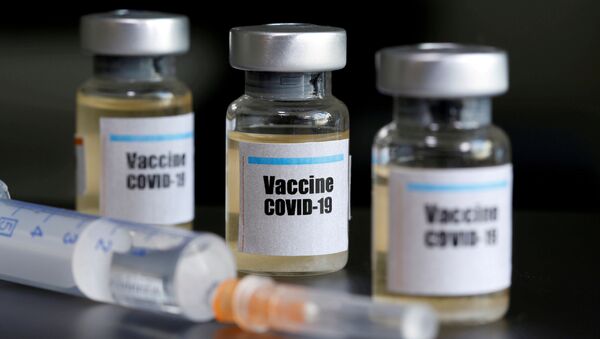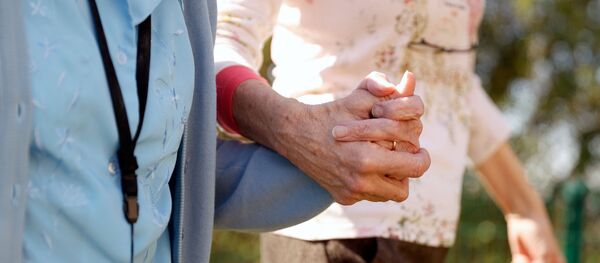Sputnik: What does this new research from the NHS represent?
Dean Eggitt: It's well known to us as doctors that people with diabetes, both type one and type two, are more susceptible to other conditions. First of all, it's important to outline that type one and type two diabetes are very different in distinct diseases but the two of them have in common the concept that there is excess sugar in the body, for different reasons, but that excess sugar acts somewhat like a poison. As it circulates around the body, it poisons everything that it touches, causing damage to each and every organ. Now if you imagine then that the body is already damaged with a circulating poison; were you get the disease on top of that it's unsurprising and that the disease has a worse outcome. For me as a doctor to hear the research suggesting that people with type one and type two diabetes have worse outcomes with COVID comes as no real surprise.
Sputnik: How will this new research help in treating coronavirus patients?
Dean Eggitt: As we're starting to get experience with COVID one of the things that we're having to figure out is how we're going to live with it, because we don't yet have a vaccine. We don't yet have any treatments that are proven effective. So, we need to figure out how to cope with COVID in society. One of the ways in which we can cope is about identifying those individuals who are most vulnerable and most at risk, and helping to modify our lifestyles to protect them. So, identifying that those with type one and type two diabetes are most likely to suffer from COVID and to die from COVID helps us to understand that we need to protect them from disease. Now practically speaking, in our workplace and in our social and social interactions, we need to figure out how best to help keep individuals with type one and type two diabetes and at the lowest risk. Now that might mean working more remotely from home, going to the shops less often for socialising in different ways. We must take this research quite seriously and take steps to protect this cohort.
Sputnik: Could we see government figures for Coronavirus deaths recorded differently because of this new research? For example, could we see excess deaths included going forwards?
Dean Eggitt: There is always a problem when extrapolating an understanding from statistics. There's always questions in how those statistics are recorded and collated and in particular with COVID, there is a time lag between patients becoming infected, suffering illness from disease and succumbing to the disease. The way that we've reported COVID and COVID related deaths in in the UK has concentrated very much upon those deaths in hospitals. So, we're as yet unaware really of what the deaths are in the community and what diseases are associated with those deaths. So, I think we're only starting to really scrape the surface of understanding what COVID is doing to the human body and which particular cohort society are most at risk. I think this is starting to peer through that window now and to help us understand but I suspect as the months progress we will gain a much much deeper understanding of those patients who are at risk and help to highlight to us which parts of the data have been unreliable.




